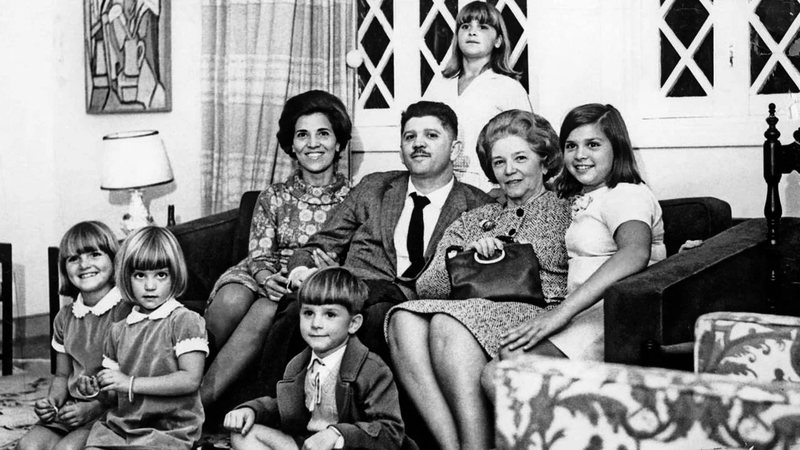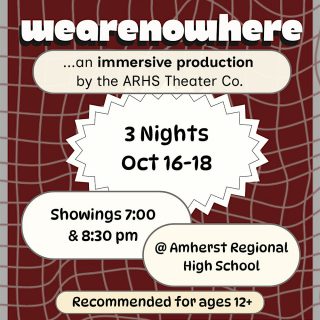‘I’m Still Here’ a haunting film about Brazil’s military dictatorship and the lives that hung in the balance

The film “I’m Still Here” directed by Walter Salles, is based on the book of the same name written by Marcelo Rubens Paiva about his family during a really difficult time in Brazil’s history. The real-life story centers on Eunice Paiva (played by Fernanda Torres) a mother, whose family is falling apart after her husband and her children’s father, Rubens Paiva (Selton Mello), an ex-politician disappears.
Growing up in Brazil, almost every year/grade we would learn about the Military Dictatorship, a topic impossible to escape if you are taking a history class in Brazil. Even though I am familiar with the topic, I know that some might be wondering. But what was the Brazilian Military Dictatorship? Well, a summarized version would be: the military coup of March 31, 1964, was that it was justified as a way to protect the country from communism. But it was, in fact, only the beginning of the armed forces taking control of the government and the people of Brazil.
The Military Dictatorship lasted 21 years, from 1964 to 1985. During those years, the military was in direct control of the state, installing an authoritarian regime, imposing laws to repress any sort of resistance, etc. It was a period marked by violence, oppression, torture, murder, censorship, etc. People were literally being stripped of their rights. Of course, there is way more to this period that marked Brazil’s history, but this is enough to help you navigate the film.
Though the Military Dictatorship was a topic constantly talked about in my history classes at home in Brazil, it is hard to find a movie, book, or TV show that depicts this period in such an emotional way. Instead of running away from the common historical facts, Salles evokes emotions such as humanity, guilt, fear, sadness, love, and more to create a narrative about a difficult time but not a lost cause. I’m not going to lie; this movie might make your stomach hurt, like that pain you feel when you can’t control something, but you wish you could. When you know something that can help, but it might put you in danger if you share. This film captures the things that haunt you and make you wish you were unaware of them. However, that pain that’s been bugging you might finally also urge you to act.
Just like Eunice Paiva once danced around and smiled without any effort, she eventually began to do anything she could to protect her family and keep them smiling.
Don’t get me wrong, the film is not sugarcoating the Military Dictatorship or Eunice and her family’s story. It was just sensible and real. After her husband’s arrest, Eunice had to take care of her five children alone, protect them from the same people who took her husband, and deal with her own pain. All of that while she seeks answers about what happened to her husband, and a lot of other people, victims of the military dictatorship. Even after her whole life crumbles before her eyes, she refuses to give up, to conform to the misinformation put out by the military dictatorship.
Another thing that makes this movie so incredible is how it is almost nostalgic. It literally makes you wonder if it’s a memory instead of a movie. The living room where they dance could literally be at my grandma’s house. You get so submerged that everything that is shown feels familiar. It is more than just a piece of history; it calls to mind memories from my life and my family’s life.
Fernanda Torres, the lead actress, won the Golden Globe Award for Best Actress in a Motion Picture Drama and she is nominated for the Academy Award for Best Actress. She shows her character’s pain not through every bad or sad thing that happens but through Eunice’s hope and silent suffering. Her eyes are always distantly looking for something; maybe she hopes to find her husband or she fears her children being next. She forces a smile for a family photo to make sure her children don’t see that it is fading. She keeps her strength to continue fighting even though it might never work.
“I’m Still Here” shows us everyday human heroes and their incredible bravery. From Eunice Paiva and Rubens Paiva to each one of their children who have to deal with their own problems, this film will have you on the edge of your seat as you wade through layers of emotions. Although this film is about the past it shows us that pain and memories shape the future and how critical it is that we fight for our freedoms and refuse to let history be repeated. Eunice fought so that her husband and other victims of the military dictatorship wouldn’t be forgotten so that this bloody past would not be repeated.














